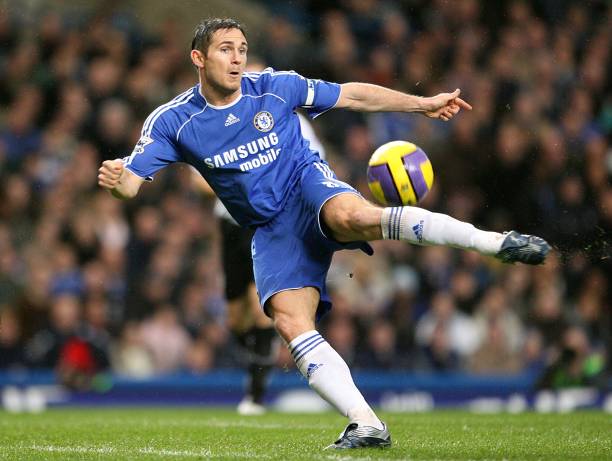Refereeing in football is one of the most scrutinized roles in the game. The pressure is immense, and even the most seasoned officials are not immune to critical errors. Over the years, there have been a number of high-profile mistakes that have not only altered the outcomes of important matches but also sparked international debates about fairness and the need for technological intervention.
Perhaps one of the most unforgettable mistakes occurred during the 2010 FIFA World Cup when England's Frank Lampard scored a clear goal against Germany, only for it not to be awarded. The ball had clearly crossed the line, but without goal-line technology at the time, the referee and assistants missed it entirely. That moment intensified the global demand for tech-assisted officiating and is often cited as a turning point for FIFA’s stance on modernizing the game.
In 2009, during a World Cup qualifier between France and Ireland, Thierry Henry's infamous handball helped set up the winning goal that sent France to the World Cup at Ireland’s expense. The deliberate nature of the handball and the failure of the officials to spot it led to outrage and claims of injustice, especially given the stakes of the match.
Another glaring error was seen in the Premier League in 2020 when Sheffield United were denied a goal against Aston Villa despite the ball clearly crossing the line. Due to a rare malfunction in the goal-line technology system and no VAR intervention, the goal wasn’t awarded. The match ended in a draw, and the points lost by Sheffield United ultimately impacted the final league standings.
In the 2002 World Cup, co-hosts South Korea benefited from two controversial refereeing decisions in their matches against Italy and Spain. Goals were disallowed under questionable circumstances, and cards were handed out inconsistently, leading to widespread suspicion and criticism of officiating biases on the world’s biggest stage.
Even the Champions League has seen its share of officiating controversies. In the 2009 semi-final between Chelsea and Barcelona, referee Tom Henning Øvrebø failed to award multiple clear penalties to Chelsea. The result favored Barcelona, who went on to win the competition, and Øvrebø later admitted to making mistakes during the match, though he received serious threats afterward.
Another instance includes the 2017 match between Barcelona and PSG, where the referee awarded several debatable penalties to Barcelona and missed critical fouls by their players. The resulting 6–1 comeback victory, though historic, was marred by claims of officiating injustice.
In domestic football, particularly in Serie A and La Liga, there have been numerous high-stakes matches in which offside goals were allowed or legitimate goals were wrongly ruled out due to human error or missed infractions. These moments often ignite fan fury and call into question the standards of refereeing in elite competitions.
While VAR and goal-line technology have since been introduced to help reduce such errors, they haven't entirely eliminated controversy. There have been recent cases where VAR decisions have appeared inconsistent, especially in matters of subjective interpretation like handball, offside by millimeters, or excessive force.
What makes these mistakes so impactful isn’t just the error itself, but the context in which it happens—often at pivotal moments, in decisive matches, and on the biggest stages. Each incident has fueled calls for accountability, transparency, and better training for officials.
Ultimately, while referees are human and mistakes are part of the game, the repeated nature of some of these errors reminds the football world of the fine margins on which careers, trophies, and legacies can hinge. The debate over how to improve refereeing continues, but the memories of these infamous blunders remain etched in football history.
Top 10 Worst Referee Mistakes That Shook Football History
August 1, 2025 | Football Throwbacks
